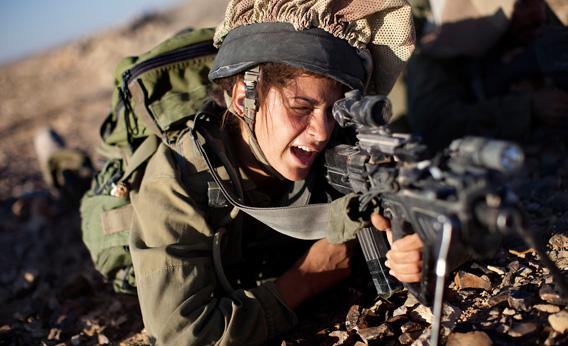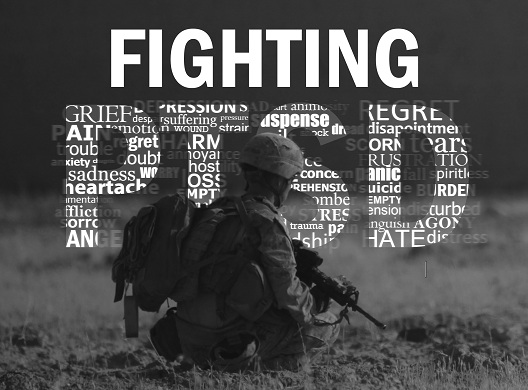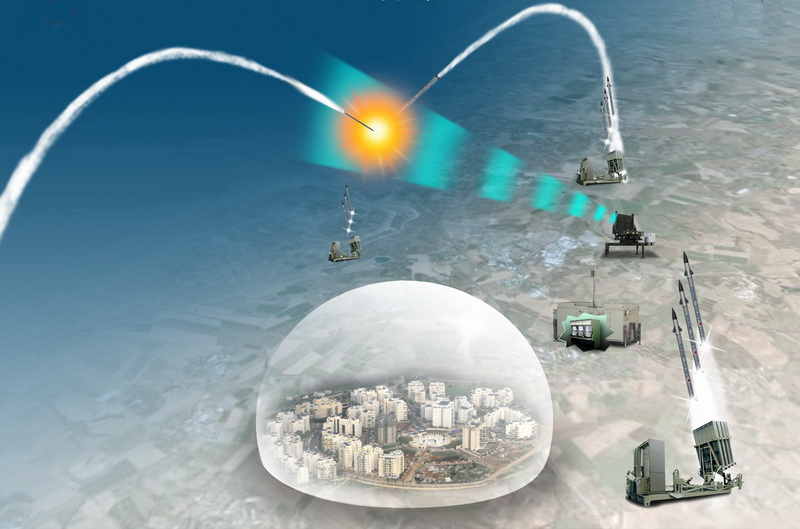Israelis are known for having resilient personalities — for their chutzpah, being outspoken, and, with an obligatory draft at age 18, being tough individuals.

As a state created by Holocaust survivors and Jewish refugees from Arab countries, Israel was forced to be resilient — this still rings true today. Between rockets shooting down on homes and terrorist attacks across the country, Israelis live under constant fire. At an early age, Israeli children learn that the sound of a siren signals they need to run for cover from a rocket attack. And as they grow up, they come to realize that the siren sounding precisely at 11AM on Yom Hazikaron notes something even more horrifying— remembering the death of loved ones lost to terror.
Israel puts on a tough face, and it is not a mask—the country successfully endures a lot of terror without giving up.
However, PTSD (Post Traumatic Stress Disorder) is undeniably an intrinsic part of Israeli culture. That being said, Israel does not remain a passive victim of PTSD, but rather takes action in developing tactics to combat and counteract trauma.

Earlier this year in a CAMERA-supported event, Friends of Israel at MIT hosted Ayal Beer to speak about the issue of PTSD among Israelis. Beer, a social worker, is involved in social-change projects that deal with military trauma. The goal of the MIT event was to raise awareness about trauma and recovery. During his lecture, Beer also spoke more specifically about PTSD in Israeli society and the trauma many IDF soldiers experience.
Beer understands that in order to solve the PTSD problem, it must first be confronted and understood. When he lectures, he uses Israeli film to show how PTSD plays a role in Israeli culture.
In the recent Sderot Film Festival in Israel, the issue of PTSD was brought to the forefront. Yaniv Berman’s film, Land of the Little People, portrays the story of children who build a secret camp in an abandoned army base, revealing how Israeli children grow up in a military culture. More blatantly dealing with PTSD, Erez Mizrahi and Sahar Shavit’s Beneath the Silence tells the story of a father who suffers from PTSD and struggles to keep his family together.
In addition to discussing PTSD throughout film, Israelis like Ayal Beer are innovating ways to help the greater Israeli society, most of which is not officially diagnosed with PTSD — but is indisputably affected.
Ayal Beer is involved in Project Resisim, an organization that helps the general population that suffers from PTSD. Many individuals in Israeli society do not have any medical conditions or physical conditions, but they have lived through wars — and that is enough to scar a person internally. Just as the children in Land of Little People are affected by the dangerous conditions in Israel, so too are many Israelis. Shlomi Askira, CEO of Project Resisim, explains that although he himself is not diagnosed with PTSD, his military experiences indeed have affected him deeply.
By confronting this military trauma issue, Project Resisim is striving to revolutionize Israeli society and challenge the Israeli public to end the silence surrounding PTSD. Through its work with the Israeli public, Resisim can develop a culture of sharing and processing war experiences that global sufferers of PTSD can learn from.
While amazing organizations like Project Resisim are dealing with the aftermath of war trauma, Israeli innovations are helping to mitigate it. By saving lives, the Iron Dome prevents the PTSD that would have come with all the lives that would have been lost. A recent Bar Ilan University study shows that the Iron Dome helped to reduce PTSD symptoms by also enhancing people’s overall sense of safety. The study reveals that belief in the external protection of the Iron Dome strengthens resilience and prevents trauma.

Between exposing Israeli trauma in films, discussing the effects through projects like Resisim, and developing protective military innovations, Israel is once again proving its resilience in the face of a deep-rooted PTSD problem. As Israel learns from the effects of this debilitating illness and innovates accordingly, sufferers of PTSD around the world also benefit.

